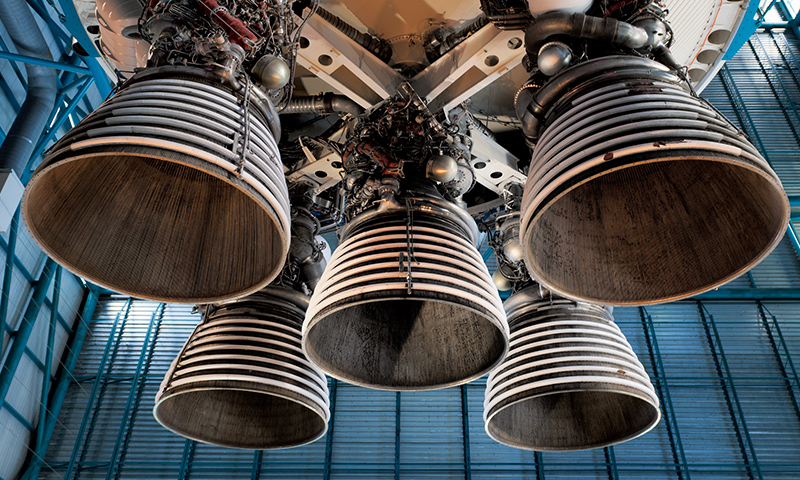Helium: high-tech, high-value applications
Helium market
Helium’s unique combination of physical and chemical characteristics make it a high-value commodity with numerous applications in crucial sectors of industry and technology.
Characteristics of helium
- Inert
- Lighter than air
- Small atomic radius
- Low solubility
- Lowest boiling point of any element (-268.9˚C)
- Non-toxic
- Non-radioactive
- Odourless
- Colourless
- Low reactivity
- Non-combustible
Helium is produced by the slow radioactive decay of elements within the ancient continental crust and released when this crust is fractured by powerful plate tectonic forces, as occurring in the East African Rift valley. Helium cannot be manufactured artificially, nor can it be commercially extracted from the atmosphere.
The process of drilling for helium is similar to that of drilling for natural gas, thus allowing for the use of knowledge, technology and support services from the hydrocarbon sector. As a high-value product, liquid helium can be transported via ISO containers via road or by sea, or compressed and trucked by road in tube trailers.
Uses of helium
Helium is a vital resource across the technology, science, medical, space exploration and manufacturing industries. It is widely regarded as a mainstay of the digital revolution given its importance in a range of high-tech manufacturing applications.
Helium demand
Global demand is estimated to be around 6 billion cubic feet (Bcf) per annum, with China alone importing 1 Bcf a year. Annual demand expected to increase from 6.0Bcf to 8.5Bcf by 2030, with a current global import growth of 10% year on year (AKAP Energy, 2024).

Medical
- MRI scanners
- Assisted breathing

Electronics
- Semi-conductors
- Fibre-optics

Energy
- Nuclear fission
- Nuclear fusion

Space exploration
- Rocket purging
- Leak detection

Computing
- Artificial Intelligence (AI)
- Data centres
- Quantum computing

Industrial
- Welding
- Leak testing
Helium supply
The helium market has unique supply, demand and storage dynamics, leading to almost a continual increase in prices. Over the last decade, helium demand has flatlined (due to a lack of supply), against a backdrop of 30% global GDP growth. Rather than GDP-linked helium demand growth, as with most commodities, the price has had to go up each year instead. Over the last 20 years, helium pricing has increased at a CAGR of 8% reaching ~US$375/mcf in late 2022 – this is around 100x current US natural gas pricing (AKAP Energy, 2023).
With the worst of the most recent helium shortage seemingly behind us, the helium business is a classic oligopoly with four global shortages since 2006. Helium pricing is complex, with the price for large quantities at the source increasing by an estimated 11% per year from 2006-2022 (Kornbluth, 2023).
Demand by sector 2019
Source: Modified from Kornbluth Helium Consulting
Demand by sector 2021
Source: Modified from Kornbluth Helium Consulting
The current global market for bulk liquid helium is worth over US$2.8 billion with the import price to China now exceeding US$450 per thousand cubic feet (mcf) in 2022. Market growth is based on sustained demand growth driven by growing need for helium due to its high-value, high-tech uses.
There is an ongoing supply crisis of helium since the closure of the US federal reserve in 2019.
The majority of helium is sourced as a by-product of hydrocarbon production, with concentrations typically in the range of 0.04-0.35%. As a low grade by-product it is not possible to increase current production to meet new demand, therefore current supply is inelastic to supply shocks.
A new source of high-grade primary helium is required to provide a flexible and responsive, low-cost, low-carbon sustainable source, not associated with hydrocarbons.
